There are aggressive and problematic birds that make them want to avoid dealings. When one of these birds finds themselves in a situation as a pet, the aggressive behavior in birds can be a problem for both the rest of the birds and the owner as well.
The most common causes of aggression in birds are fear or past traumatic experiences. This can lead to dealing with problems, bites, and attacks when birds interact with their owners and others.
However birds are complex and any of these things can lead to aggressive behavior:
- Fear often develops in pet birds that were not hand-fed when they were young.
- A lack of proper socialization may cause a bird to become afraid of humans, other birds, or new experiences.
- Some birds get jealous when their owner interacts with other people.
- If you adopt an older bird, it is likely that it was abused or neglected in some way by its previous owner.
- Some birds become aggressive during adolescence due to hormonal changes.
- Birds that are stressed or lack mental stimulation may also act out.
How to stop aggressive behavior in birds
If your pet bird bites you while trying to handle it, you should set aside time every day to work on your feathered friend. This doesn’t have to be anything specific; You can incorporate your attempts to reduce the bird’s aggression into normal handling.
For example, you may need to bond with the bird or train it to enjoy pets. You can also teach it how to do fun bird tricks.
When working with your pet, some tips and techniques will help you know that handling is safe and enjoyable:
- Move to a neutral site:
Move the bird’s cage to a neutral location during training sessions. Removing a bird from its “territory” can sometimes make it more willing to cooperate with its owner and prevent territorial aggression.
- Don’t be forced to call
If the bird lunges at your fingers when you place your hand close to it, try not to suddenly shiver in fright. Your rapid movements are likely to make your bird more nervous and apprehensive.
The slow and easy method is the best way; Don’t try to force the connection, try leaving it up to the bird to decide when it is comfortable enough to escalate or accept treatment.
- Try stick training
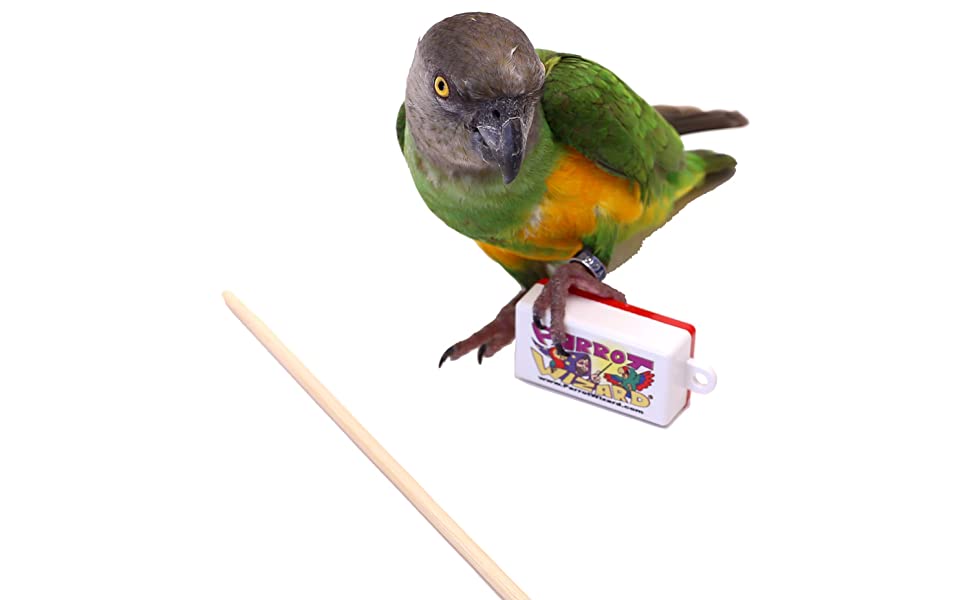
Training a bird to climb on a stick is referred to as “stick training”, and it’s the recommended alternative to training a bird that can’t handle it at first.
It is a less aggressive and easier way for a bird who has been afraid or has been traumatized in the past to accept this way of moving without force.
- Avoid yelling and loud talk
Raising your voice in anger will not make the bird understand that it has made a mistake. In fact, this reinforces your bird’s bad behavior; Because he would love to get a great reaction from you.
- Keep a flexible routine
Birds need mental stimulation, and many enjoy a routine, so a regular time for feeding, playing and other interactions every day is a good idea.
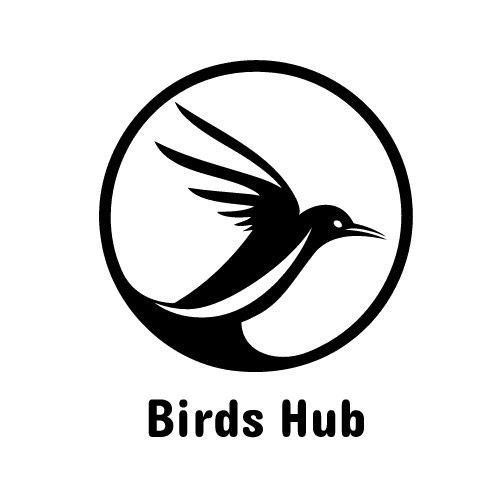
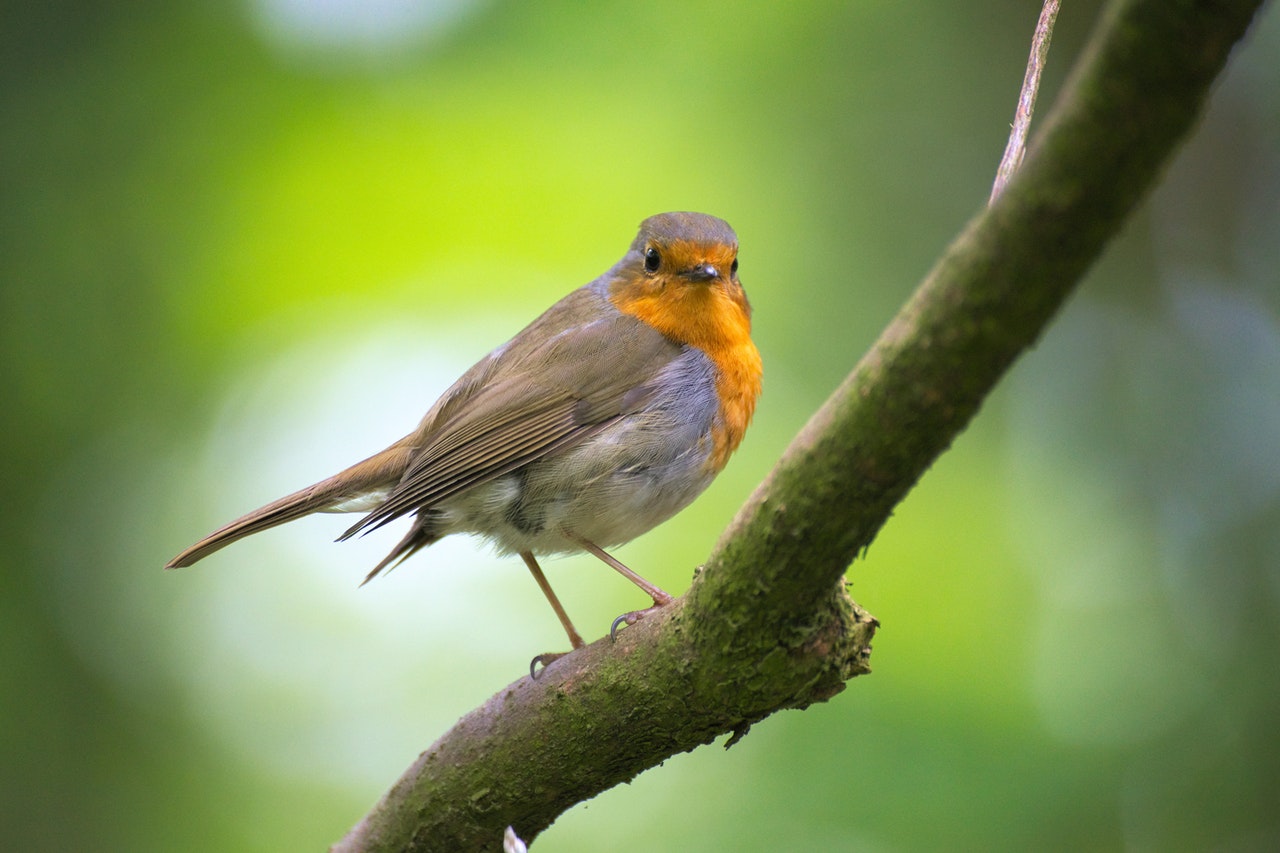
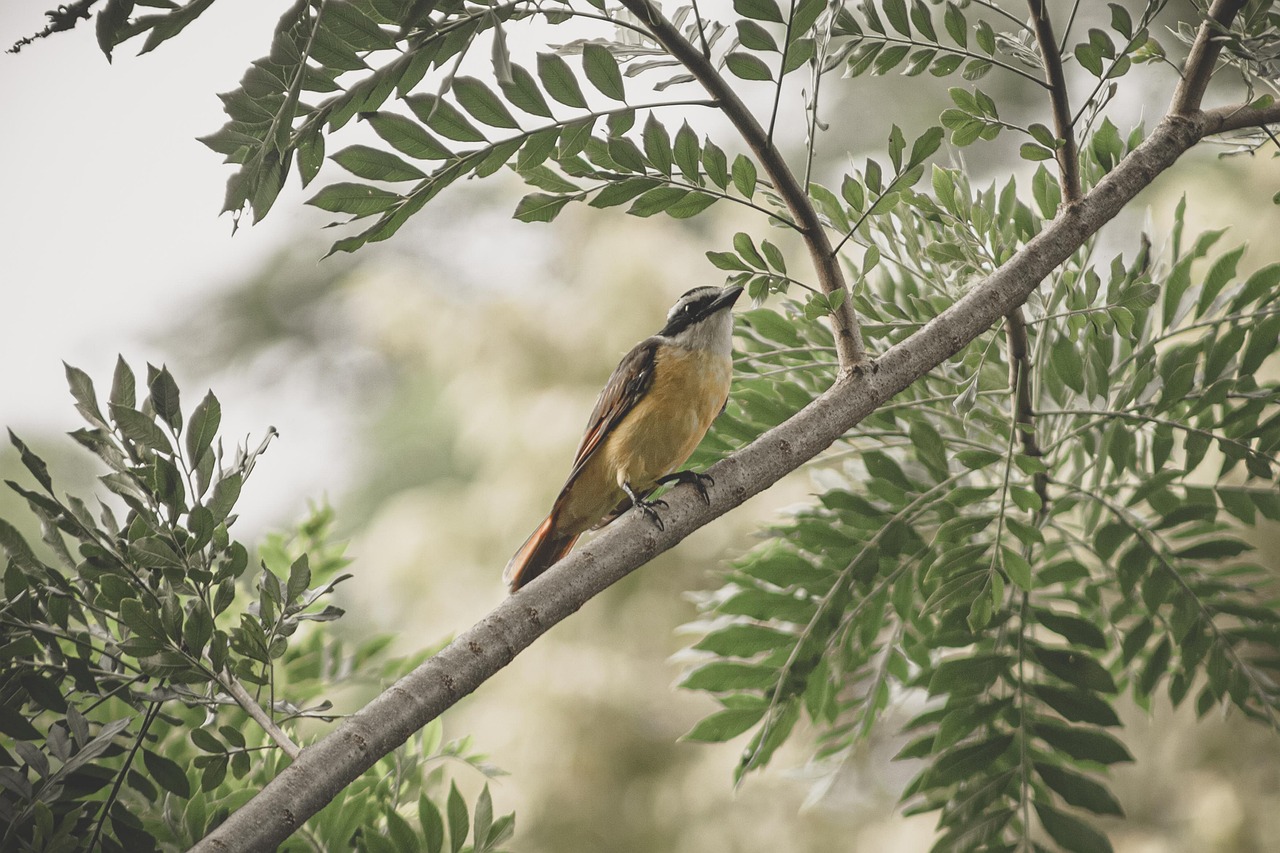
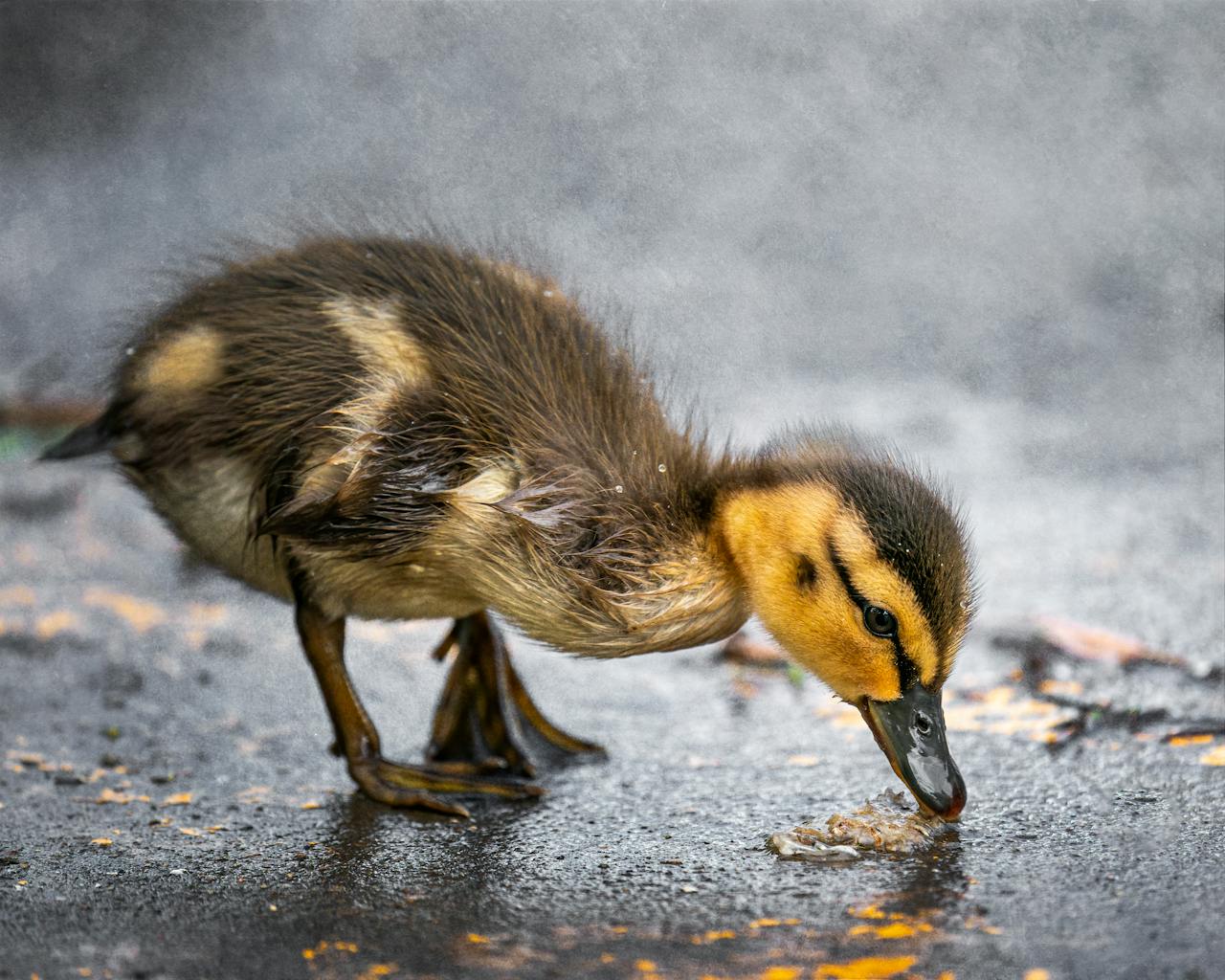
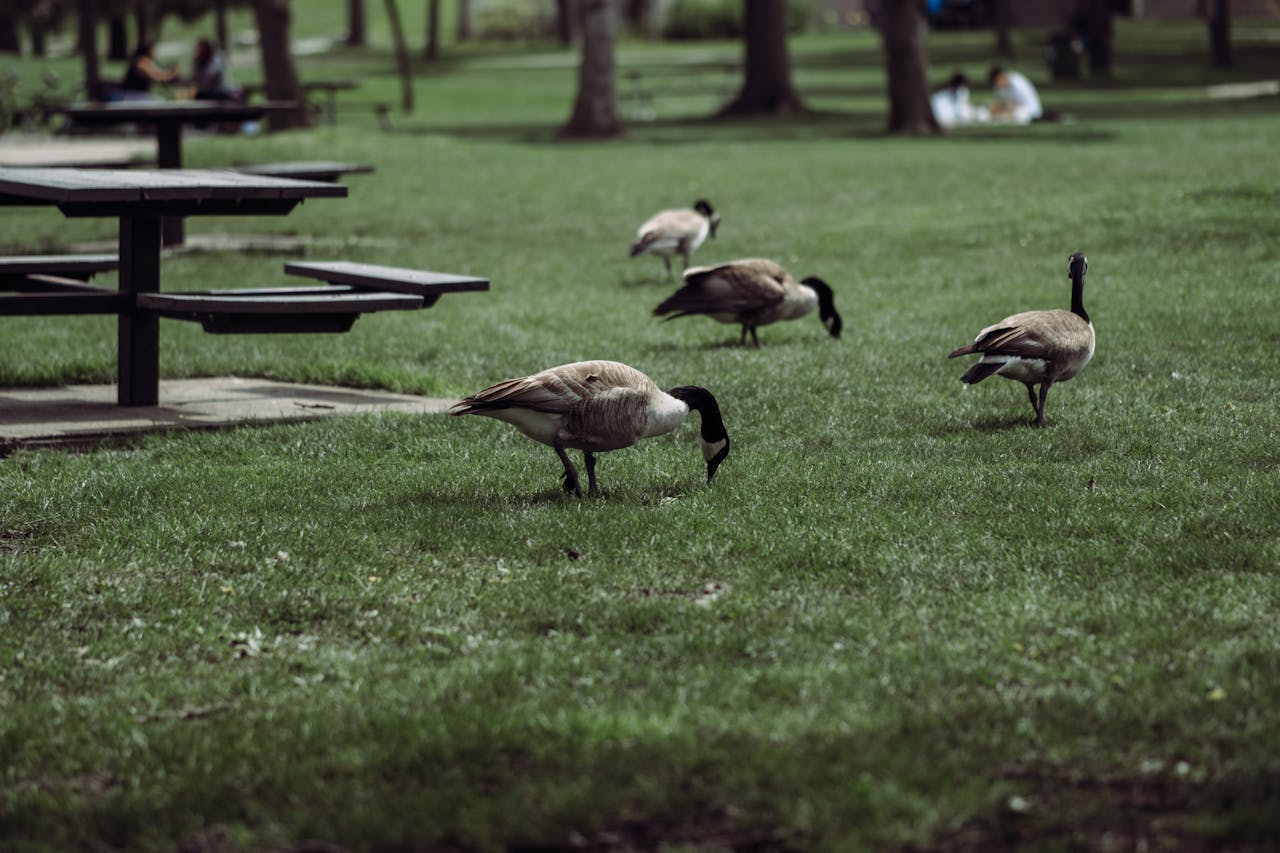
Leave a Reply